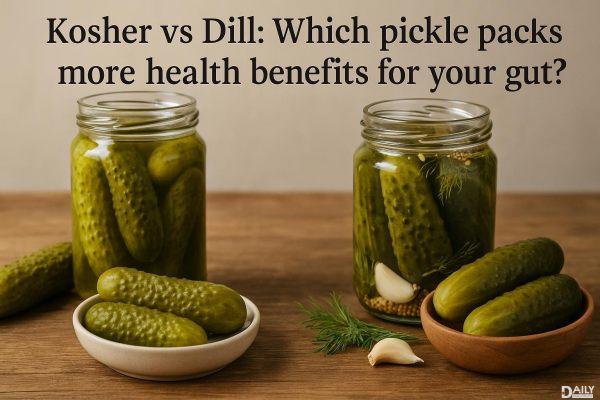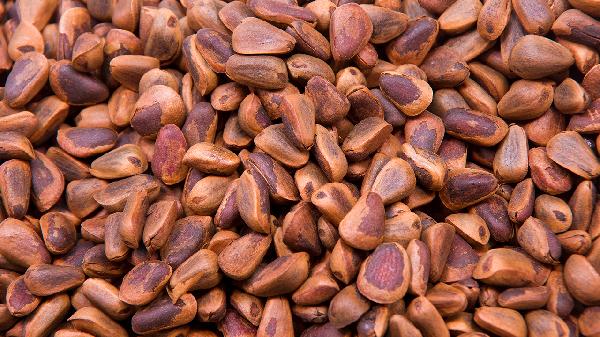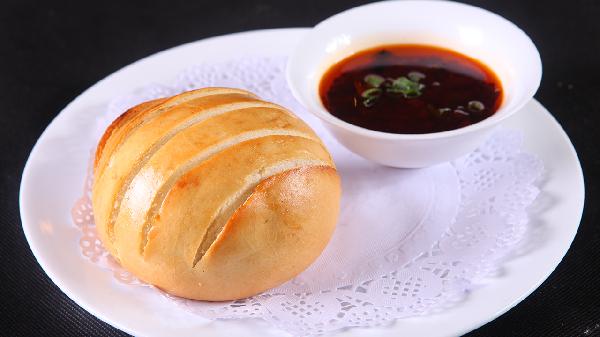When it comes to pickles, the debate between kosher and dill isn’t just about flavor—it’s about which one gives your gut the most love. Spoiler alert: both kosher and dill pickles are fermented foods, meaning they’re loaded with probiotics that can boost your gut health. But the real question is, which one takes the crown? Let’s dive into the briny details and find out which pickle packs the bigger punch for your digestive system.

Both kosher and dill pickles are made through fermentation, a process where cucumbers are soaked in a brine solution (water, salt, and sometimes vinegar) and left to ferment. This process encourages the growth of beneficial bacteria, or probiotics, which are essential for a healthy gut. These little guys help balance your gut microbiome, improve digestion, and even boost your immune system. So, whether you’re team kosher or team dill, you’re already winning by adding fermented foods to your diet.
Kosher pickles are typically made with garlic, dill, and a saltwater brine. The term “kosher” refers to the preparation method, which adheres to Jewish dietary laws, but it doesn’t necessarily mean they’re healthier than other pickles. However, kosher pickles often have a simpler ingredient list, which can be a win for those avoiding additives or preservatives. The garlic in kosher pickles also adds an extra layer of health benefits, as garlic is known for its anti-inflammatory and immune-boosting properties.
Dill pickles, on the other hand, are all about that tangy, herbaceous flavor. They’re made with dill weed and dill seeds, which give them their signature taste. Dill itself is a powerhouse herb, packed with antioxidants and known for its digestive benefits. Some dill pickles are made with vinegar, which can speed up the fermentation process but may reduce the probiotic content compared to traditional brine-fermented pickles. However, if you’re looking for a pickle with a zesty kick and a boost of antioxidants, dill pickles are a solid choice.
When it comes to nutrition, both kosher and dill pickles are low in calories and fat, making them a guilt-free snack. They’re also a good source of vitamin K, which is important for bone health and blood clotting. However, the sodium content can be high in both types, so if you’re watching your salt intake, moderation is key. The real difference lies in the additional ingredients—kosher pickles often have garlic, while dill pickles focus on the herb itself. Depending on your health goals, one might edge out the other.
Both kosher and dill pickles are excellent for gut health due to their probiotic content. However, the type of fermentation and additional ingredients can influence their benefits. Kosher pickles, with their garlic content, may offer extra anti-inflammatory perks, while dill pickles bring antioxidants to the table. If you’re looking for a pickle that’s as simple as possible, kosher might be your go-to. But if you’re after a tangy, herb-packed option, dill pickles are the way to go.
At the end of the day, the choice between kosher and dill pickles comes down to personal preference and your specific health goals. Both are fantastic for your gut, and both bring unique flavors and benefits to the table. If you’re a garlic lover, kosher pickles might be your jam. If you’re all about that tangy, herbaceous vibe, dill pickles are your best bet. The good news? You can’t really go wrong—your gut will thank you either way.
So, next time you’re at the grocery store, grab a jar of your favorite pickles and enjoy the gut-loving benefits. Whether you’re team kosher or team dill, you’re making a healthy choice that’s as delicious as it is nutritious. Happy snacking!
























